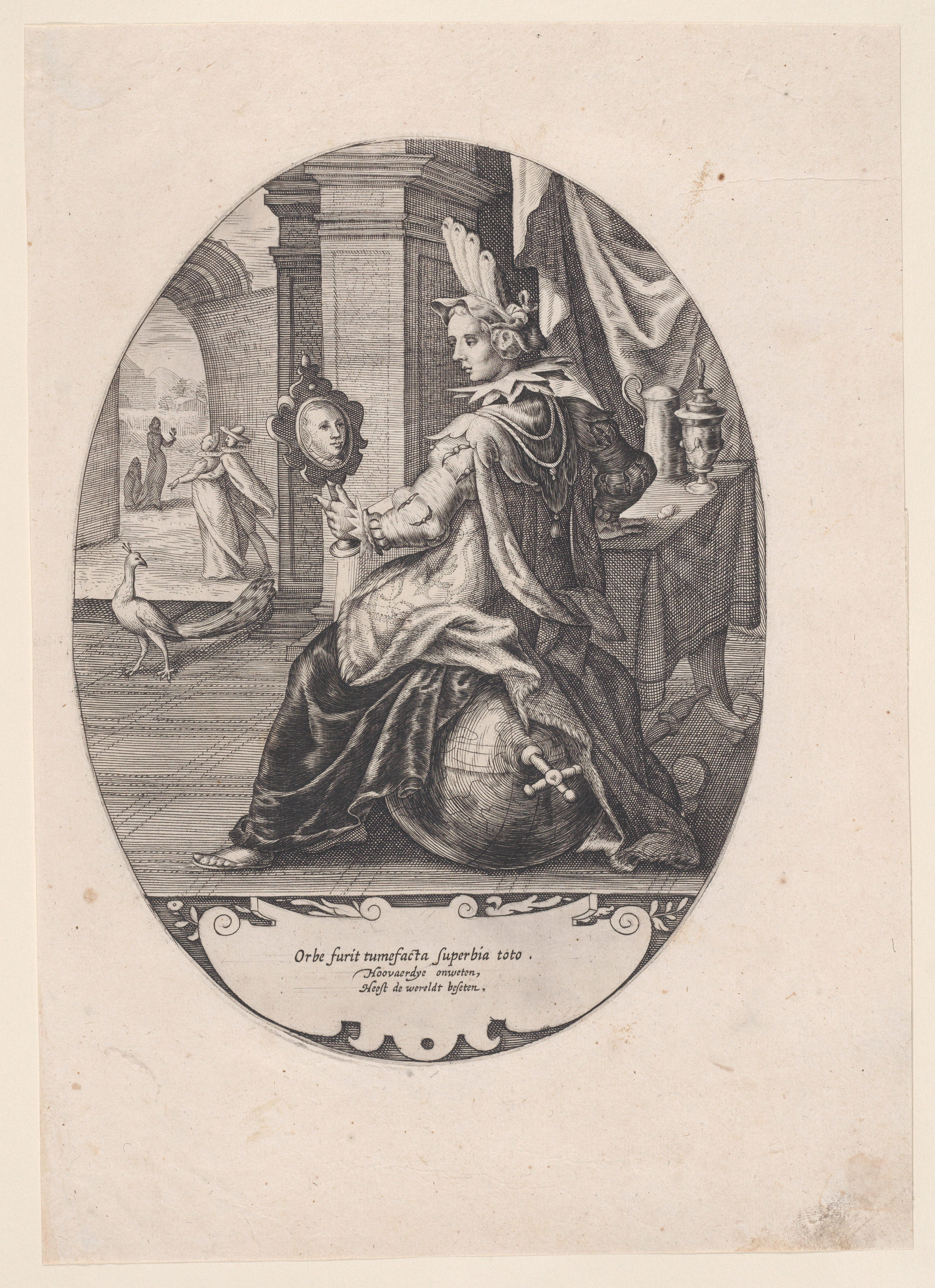|
Queerala
Queerala, a registered community based Organisation (CBO) for Malayali LGBTIQ people, gives adequate support to Malayali persons who belong to the sexual and gender minorities. Queerala originally started in May 2013 as a secret Facebook page where closeted LGBTQAI+ community members met over the internet. Since its start of operations, Queerala has been an active platform for the rights of the LGBTIQ+ community in Kerala and India and focuses on various awareness campaigns on Sexual Orientation, Gender Identity/Expression and Sex Characteristics (SOGIESC). Queerala's representatives has been marking its presence, in areas of literature, art, cultural spaces, academic discourses as well, besides conducting case studies on issues pertaining to sexual orientation and gender identity. They also focus on sensitisation on SOGIESC inclusive healthcare services, educational curriculum, workplace policies and local self governance. Major Operations Legal Support Queerala, with its ass ... [...More Info...] [...Related Items...] OR: [Wikipedia] [Google] [Baidu] |
Kerala
Kerala ( ; ) is a state on the Malabar Coast of India. It was formed on 1 November 1956, following the passage of the States Reorganisation Act, by combining Malayalam-speaking regions of the erstwhile regions of Cochin, Malabar, South Canara, and Thiruvithamkoor. Spread over , Kerala is the 21st largest Indian state by area. It is bordered by Karnataka to the north and northeast, Tamil Nadu to the east and south, and the Lakshadweep Sea to the west. With 33 million inhabitants as per the 2011 census, Kerala is the 13th-largest Indian state by population. It is divided into 14 districts with the capital being Thiruvananthapuram. Malayalam is the most widely spoken language and is also the official language of the state. The Chera dynasty was the first prominent kingdom based in Kerala. The Ay kingdom in the deep south and the Ezhimala kingdom in the north formed the other kingdoms in the early years of the Common Era (CE). The region had been a prominent spic ... [...More Info...] [...Related Items...] OR: [Wikipedia] [Google] [Baidu] |
The New Indian Express
''The New Indian Express'' is an Indian English-language broadsheet daily newspaper published by the Chennai-based Express Publications. It was founded in 1932 as ''The Indian Express'', under the ownership of Chennai-based P. Varadarajulu Naidu. In 1991, following the death of owner Ramnath Goenka, his family split the group into two companies. Initially, the two groups shared the ''Indian Express'' title, as well as editorial and other resources. But on 13 August 1999, the northern editions, headquartered in Mumbai, retained the ''Indian Express'' moniker, while the southern editions became ''The New Indian Express''. Santwana Bhattacharya was appointed Editor-in-Chief on July 1st, 2022, replacing G.S. Vasu. History ''Indian Express'' was first published on September 5, 1932, in Madras (now Chennai) by an Ayurvedic doctor and Indian National Congress member P Varadarajulu Naidu, publishing from the same press where he ran the ''Tamil Nadu'' Tamil weekly. But soon, on accoun ... [...More Info...] [...Related Items...] OR: [Wikipedia] [Google] [Baidu] |
Queer
''Queer'' is an umbrella term for people who are not heterosexual or cisgender. Originally meaning or , ''queer'' came to be used pejoratively against those with same-sex desires or relationships in the late 19th century. Beginning in the late 1980s, queer activists, such as the members of Queer Nation, began to reappropriation, reclaim the word as a deliberately provocative and Gay liberation, politically radical alternative to the more assimilationist branches of the LGBT community. In the 21st century, ''queer'' became increasingly used to describe a broad spectrum of non-normative sexual and/or gender identities and politics. Academic disciplines such as queer theory and queer studies share a general opposition to Gender binary, binarism, normativity, and a perceived lack of intersectionality, some of them only tangentially connected to the LGBT movement. Queer arts, queer cultural groups, and queer political groups are examples of modern expressions of queer identities. ... [...More Info...] [...Related Items...] OR: [Wikipedia] [Google] [Baidu] |
LGBT Organisations In India
' is an initialism that stands for lesbian, gay, bisexual, and transgender. In use since the 1990s, the initialism, as well as some of its common variants, functions as an umbrella term for sexuality and gender identity. The LGBT term is an adaptation of the initialism ', which began to replace the term ''gay'' (or ''gay and lesbian'') in reference to the broader LGBT community beginning in the mid-to-late 1980s. When not inclusive of transgender people, the shorter term LGB is still used instead of LGBT. It may refer to anyone who is non-heterosexual or non-cisgender, instead of exclusively to people who are lesbian, gay, bisexual, or transgender. To recognize this inclusion, a popular variant, ', adds the letter ''Q'' for those who identify as queer or are questioning their sexual or gender identity. The initialisms ''LGBT'' or ''GLBT'' are not agreed to by everyone that they are supposed to include. History of the term The first widely used term, '' homosexual ... [...More Info...] [...Related Items...] OR: [Wikipedia] [Google] [Baidu] |
Pride Parades In India
Pride is defined by Merriam-Webster as "reasonable self-esteem" or "confidence and satisfaction in oneself". A healthy amount of pride is good, however, pride sometimes is used interchangeably with "conceit" or "arrogance" (among other words) which are negative. Oxford defines it as "the quality of having an excessively high opinion of oneself or one's own importance." This may be related to one's own abilities or achievements, positive characteristics of friends or family, or one's country. Richard Taylor defined pride as "the justified love of oneself", as opposed to false pride or narcissism. Similarly, St. Augustine defined it as "the love of one's own excellence", and Meher Baba called it "the specific feeling through which egoism manifests." Philosophers and social psychologists have noted that pride is a complex secondary emotion which requires the development of a sense of self and the mastery of relevant conceptual distinctions (e.g. that pride is distinct from happin ... [...More Info...] [...Related Items...] OR: [Wikipedia] [Google] [Baidu] |

